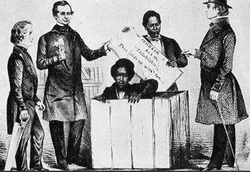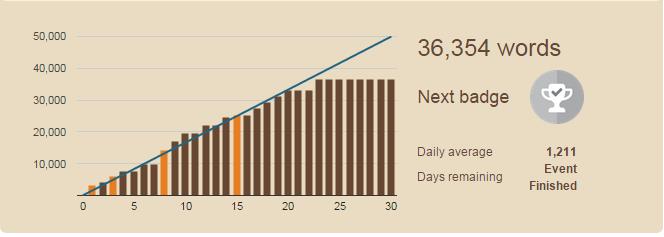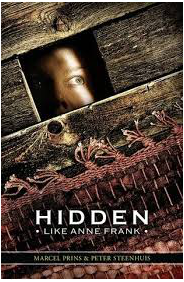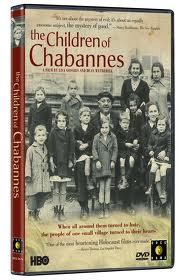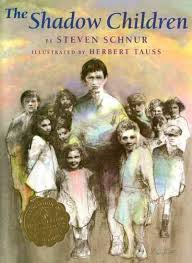 picture courtesy of Pixabay.
picture courtesy of Pixabay. However, as soon as Christmas Day itself and the day after (Boxing Day to the English world and my youngest son's birthday in my little world) are over, I start to look toward the upcoming year.
I admit it now: I love to plan. Laying out how long a lesson should last, putting together a nine week plan is one of my favorite parts of teaching. Laying out a plot is one of my favorite parts of writing. And making resolutions is one of my favorite parts of the holiday season.
Resolutions for me are guideposts for where I want to go in the year ahead. I ask myself what I want to accomplish before the upcoming year turns old, who I want to be. Then I draft a list of goals that invariably would make me far thinner and smarter, my finances much more orderly, and my house sparkling clean were I to stick to my resolutions as resolutely as I should.


